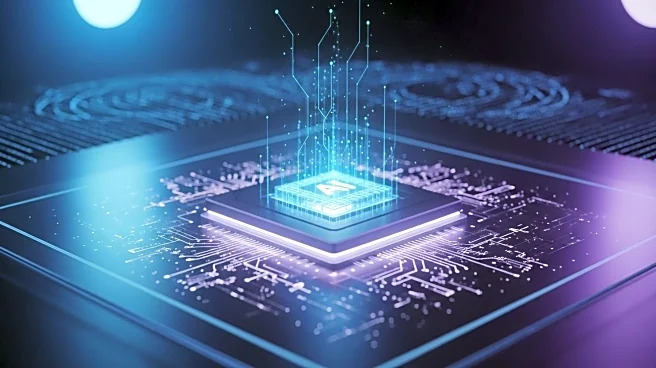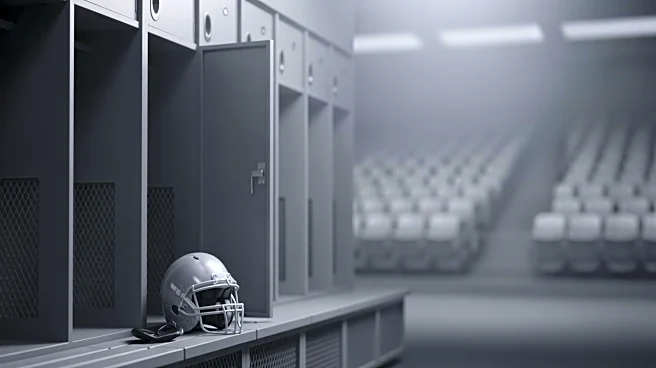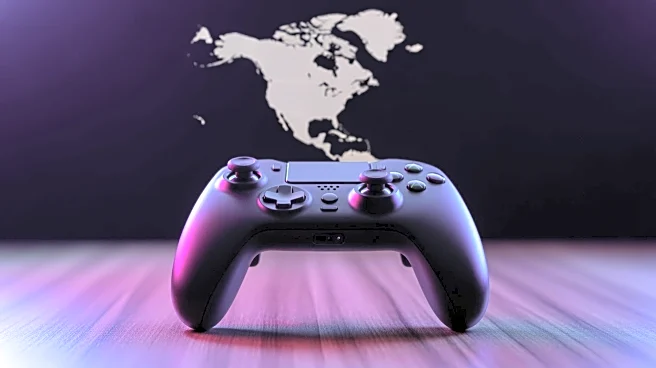What's Happening?
Anthropic has agreed to pay $1.5 billion to settle a class-action lawsuit filed by a group of authors. The lawsuit accused the artificial intelligence company of using their books to train its AI chatbot, Claude, without permission. The settlement, which is pending approval by U.S. District Judge William Alsup, is considered the largest copyright recovery in history and the first of its kind in the AI era. The agreement includes Anthropic's commitment to destroy downloaded copies of the books in question, although the company may still face infringement claims related to material produced by its AI models. The settlement fund amounts to $3,000 for each of the 500,000 downloaded books, with potential for growth if more works are identified.
Why It's Important?
This settlement is significant as it sets a precedent for how AI companies might handle copyright issues related to training data. It highlights the growing tension between creators and tech companies over the use of copyrighted material in AI systems. The outcome could influence future legal actions against other tech giants like OpenAI, Microsoft, and Meta Platforms, who face similar allegations. The settlement underscores the importance of ethical practices in AI development and the need for clear guidelines on the use of copyrighted content. Authors and creators stand to gain from this decision, as it reinforces their rights and could lead to more stringent protections against unauthorized use of their work.
What's Next?
The settlement awaits approval from Judge Alsup, which could set a legal benchmark for similar cases. If approved, it may prompt other authors and creators to pursue legal action against AI companies. The tech industry might need to reassess its approach to using copyrighted material, potentially leading to changes in how AI models are trained. Companies may invest in developing new methods to train AI without infringing on copyrights, or they might seek licenses for the use of such materials. The decision could also influence legislative discussions on AI and copyright law.
Beyond the Headlines
The case raises ethical questions about the balance between technological advancement and intellectual property rights. It challenges the notion of 'fair use' in the context of AI, prompting a reevaluation of what constitutes transformative use. The settlement could lead to a shift in how AI companies source training data, emphasizing the need for transparency and accountability. It also highlights the cultural impact of AI on creative industries, as authors and artists seek to protect their work from being exploited by technology.









